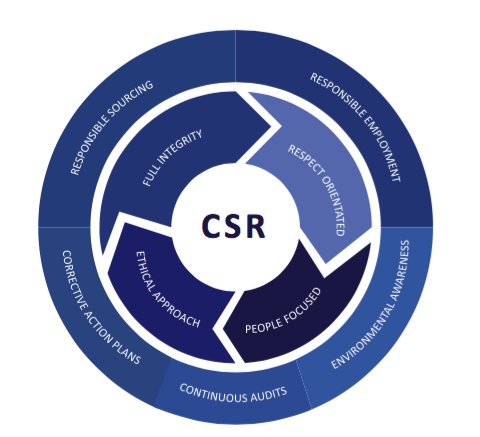Corporate social responsibility
Corporate Social Responsibility (CSR) plays a key function in our Industry, it is a decisional factor for our clientele, and we are proud, at UCT (Asia), to be able to use this as a competitive advantage.
Indeed, we have always been dedicated, since our inception, to source and produce ethically and with integrity, and are proud to be Sedex SMETA audited and certified.
We have a compliance department, which systematically conducts audits on our supply Chain, and guarantee all aspects of sustainability and corporate social responsibility are checked, noted, and respected.
Sustainability
Sustainability is at the center of all what we do.
We ensure sustainable procurement through a balance of economic, social and environmental consideration in our processes.
This achieves our commitment to produce economically, ethically and efficiently, by taking into account Ethics, Environmental Management, and socio-economic benefits.
How we apply Sustainability
UCT (Asia) recognizes that businesses can have a negative impact on the environment. We are committed, and enjoy finding ways in which we can reduce the impact of products and services we propose.
So together with our employees, partners and factories we defined our Environment and Sustainability Policy.
Discover in our Policy how we implement these principles in a practical way:
- Applied in our offices on consumption of resources, purchase of equipment, travels and meetings, Working Practices and Advice to Clients
- Applied in our business in term of legal and supplier compliance, waste management, energy, recycle and use of Recycled Materials, delivery methods, product selection
- Discover sustainable alternatives to plastic
UCT (ASIA's) dedication to Eco-Friendliness
Some of the ways we adhere to our core principles
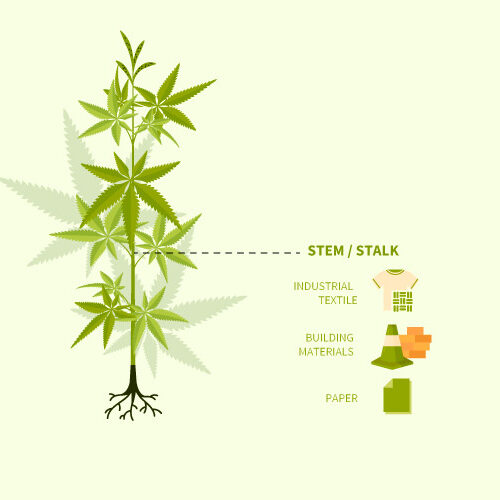
Hemp
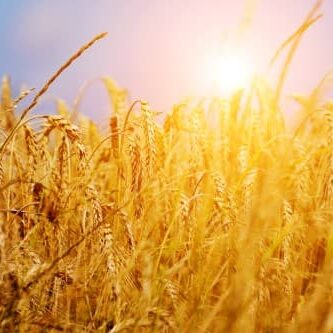
Wheat Straw
Wheat-straw is one of the latest eco friendly materials, mainly harvested as an agricultural waste product that remains after grain or juice is extracted from the crops. However it contains a substance known as Lignin, which when combined with sugar, can be turned into a bio-plastic.
When wheat straw is used to make bio-plastic, it becomes compostable and can decompose in a home or commercial site. Wheat Straw plastic leaves behind no toxic material, is completely BPA free and has FDA approval. Production of bio plastic consumes less energy and gives off less CO2 emissions than the production of synthetic plastics, which is derived from petroleum.
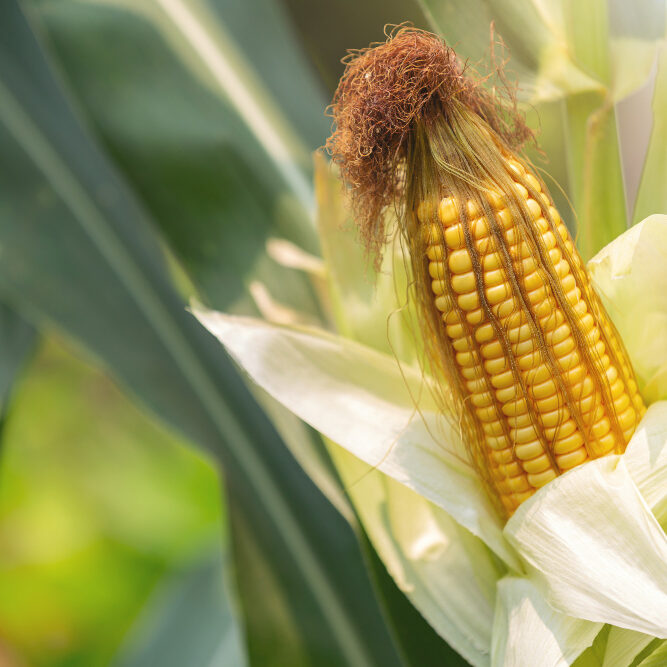
Corn PLA
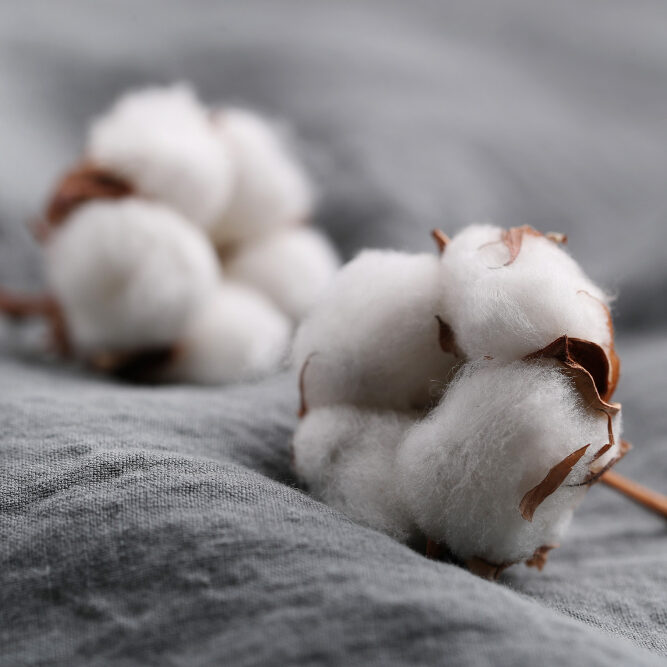
Organic cotton
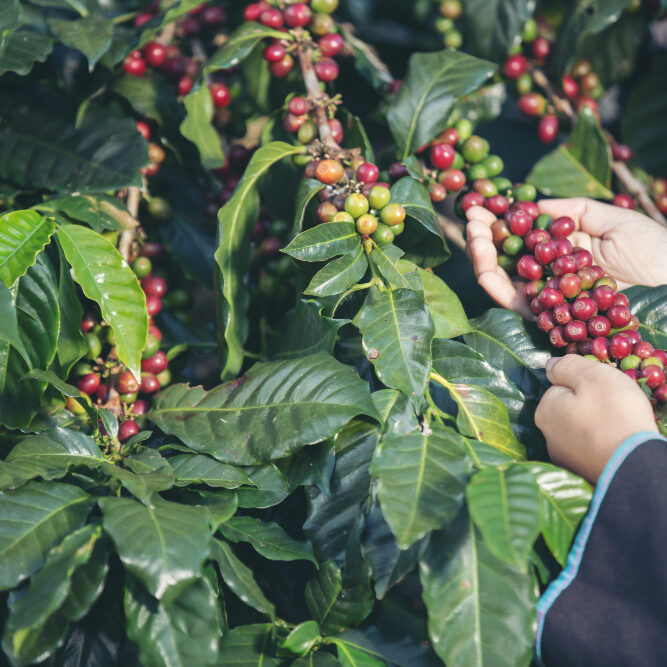
Coffee husk

Bamboo Plastic Composite

Cork
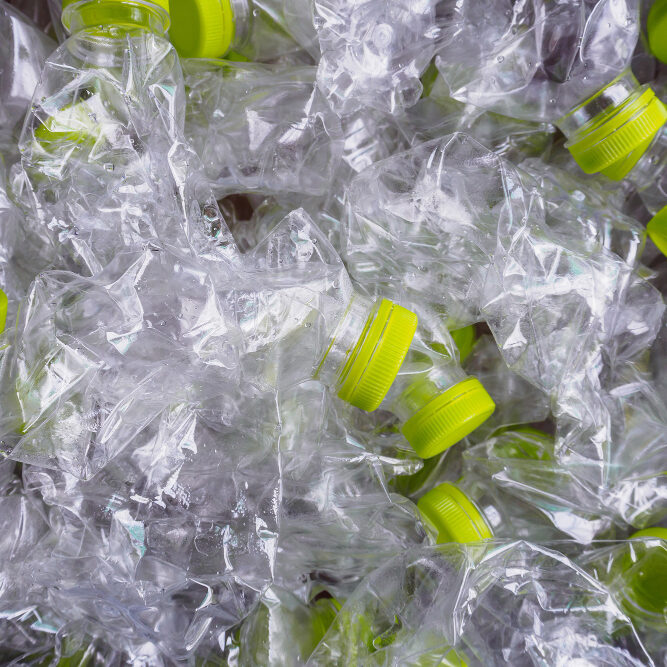
RPET
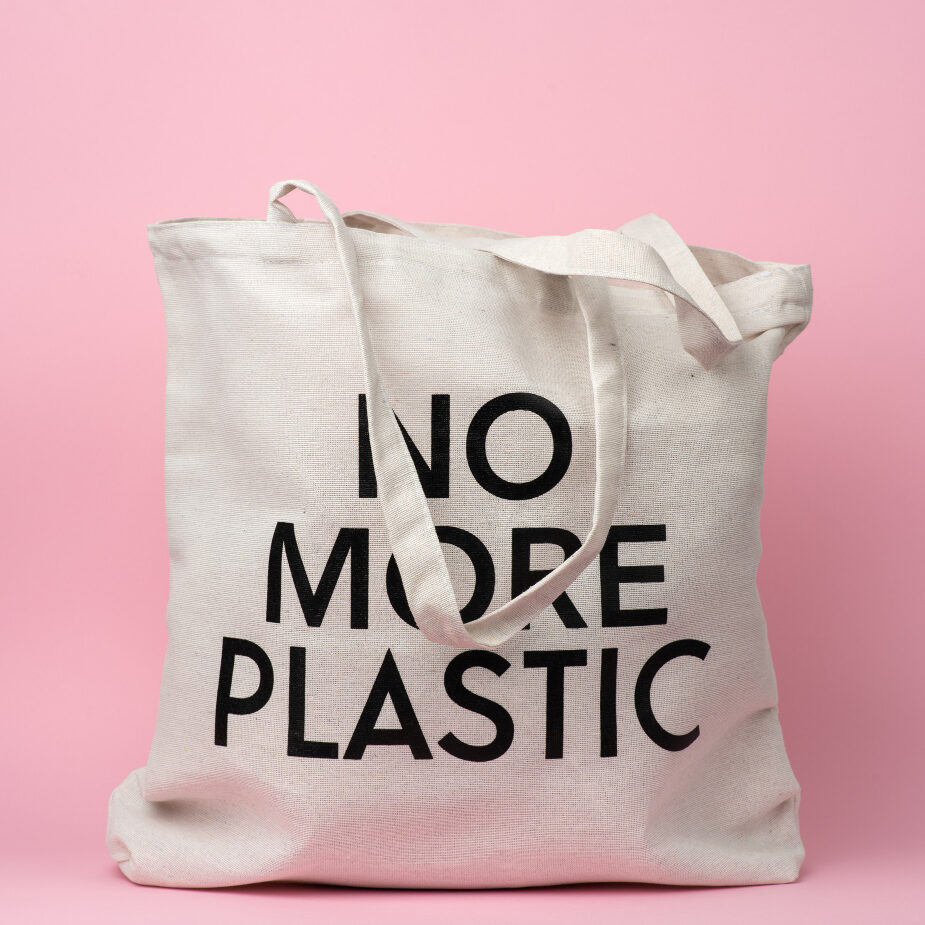
Recycled fabrics

Glass



